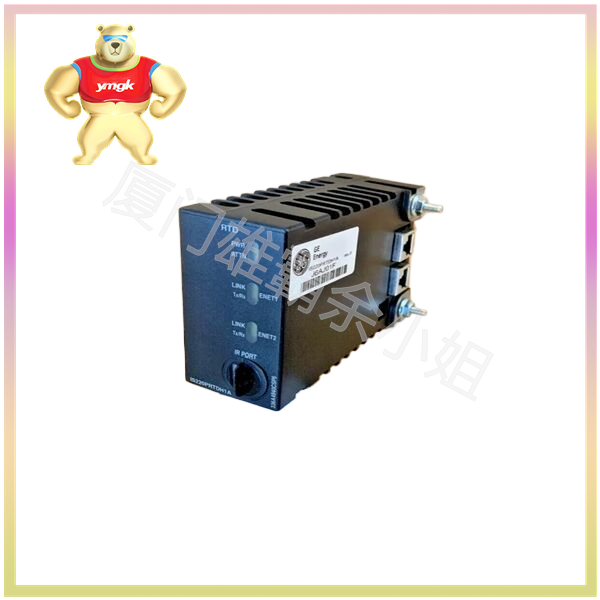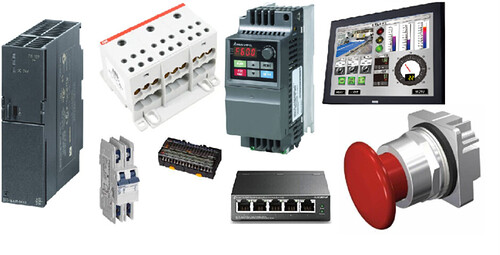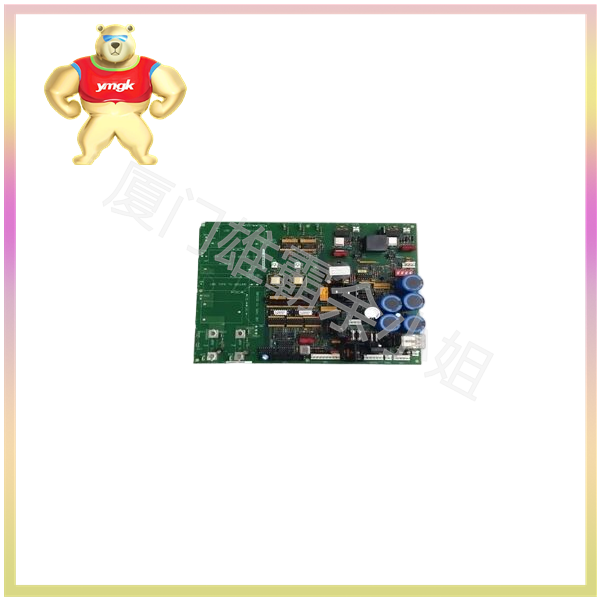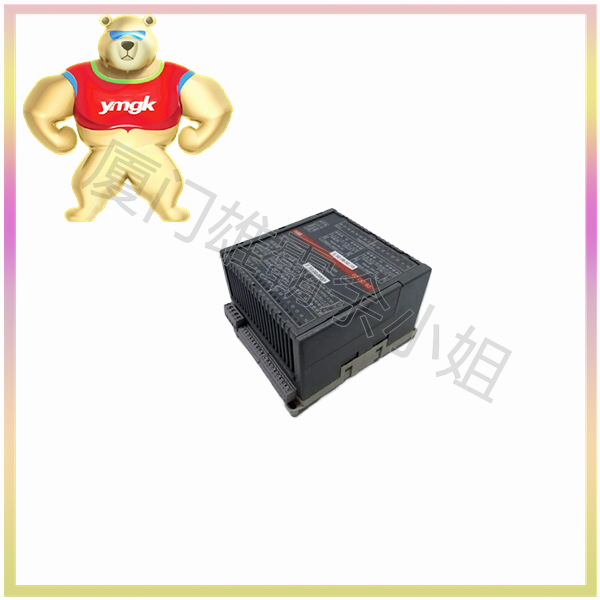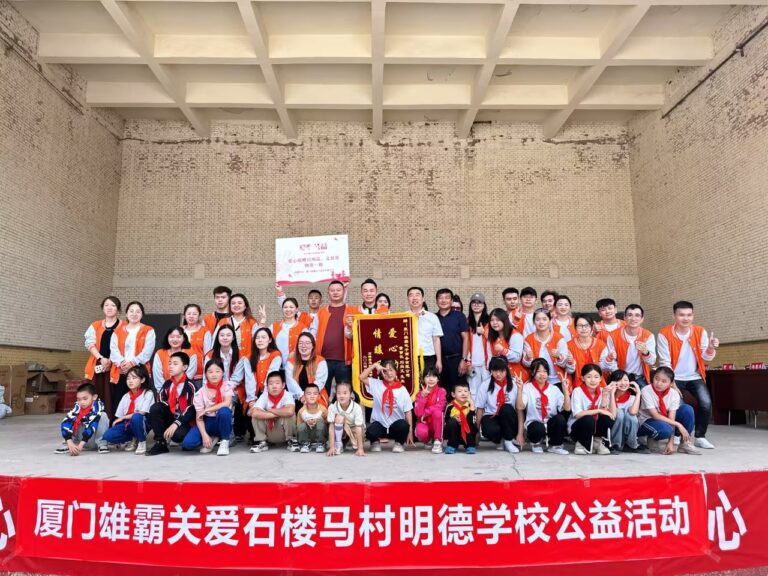Control the operation status of the motor
The motor controller is the core component of the electric vehicle motor drive system, and its main function is to control the operation status of the motor according to the instructions of the vehicle controller. By receiving driver operation commands such as accelerator and brake pedals, the motor controller can accurately control the torque output, speed, and other parameters of the motor, thereby achieving control over the acceleration, deceleration, and direction of travel of electric vehicles.
Improve energy utilization efficiency
The electric control system of the motor controller improves energy utilization efficiency by optimizing the motor control algorithm. For example, during the operation of a motor, by monitoring the motor’s operating status and working environment in real-time, the motor controller can adjust the motor’s operating parameters to operate within the optimal efficiency range. In addition, the motor controller can also achieve the energy recovery function of the motor, converting some of the kinetic energy into electrical energy and storing it in the battery during vehicle deceleration or braking, thereby improving energy utilization efficiency.
Ensure driving safety
The motor controller and electronic control system play an important role in ensuring the safety of electric vehicle operation. By monitoring the running status and working environment of the motor in real time, the motor controller can promptly detect abnormal situations in the motor and take corresponding protective measures. For example, when the motor overheats, the motor controller can automatically reduce the power output of the motor to avoid motor damage; When the battery is low, the motor controller can limit the vehicle speed or prohibit acceleration, ensuring that the electric vehicle can safely travel to the charging station.
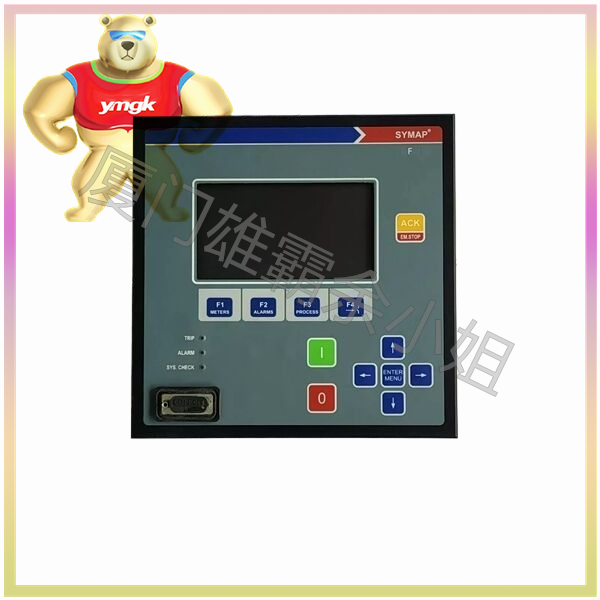
Implement vehicle control strategy
As the brain of electric vehicles, the electronic control system is responsible for implementing the overall vehicle control strategy. By collecting various sensor signals such as vehicle speed, acceleration, battery level, etc., the electronic control system can real-time understand the operating status of electric vehicles. Based on this information, the electronic control system can issue corresponding control commands to coordinate the operation of various components of the electric vehicle. For example, when acceleration is required, the electronic control system can coordinate with the motor controller and battery management system to ensure that the motor can output sufficient torque; When deceleration is required, the electronic control system can coordinate the braking system and motor controller to achieve energy recovery and deceleration control.
Improve overall vehicle performance
The motor controller and electronic control system can improve the overall performance of electric vehicles by optimizing control algorithms and coordinating the work of various components. For example, in terms of power performance, the motor controller can ensure that the motor outputs maximum torque in a short period of time, improving the acceleration performance of electric vehicles; In terms of handling performance, the electronic control system can coordinate components such as the steering system and suspension system, improving the handling stability and comfort of electric vehicles; In terms of intelligence, the electronic control system can also achieve advanced functions such as autonomous driving and intelligent navigation.

